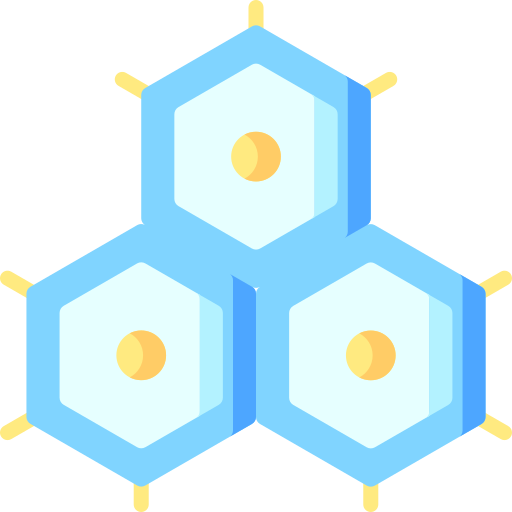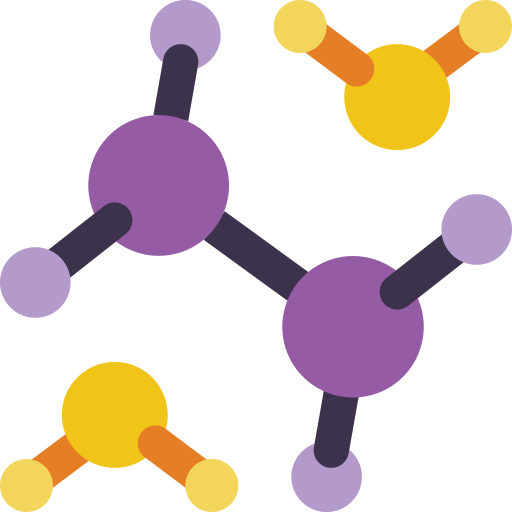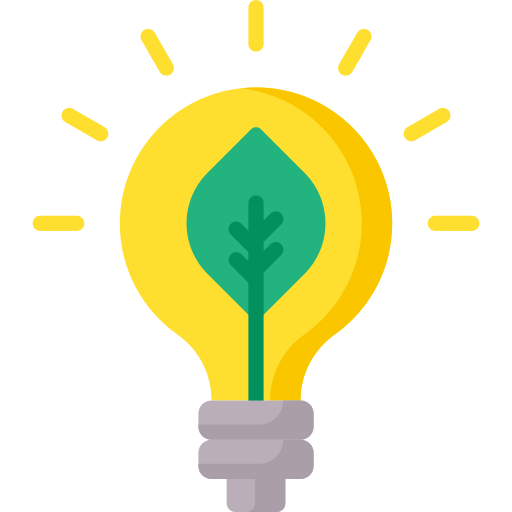Project categories

1. Biological and Health Sciences
• Biomedical Sciences
• Biomimicry
• Biotechnology
• Genetics
• Human Biology and Physiology
• Living Organisms
• Microbiology and Immunology
• Nature and Properties of Living Organisms
• Pharmaceutical Sciences and Drug Development

2. Pure and Applied Sciences
• Acoustics
• Astronomy
• Chemistry and Chemical Engineering
• Chemical Physics
• Computational Physics
• Electromagnetics and Electronics
• Fluid Dynamics / Fluid Mechanics
• Geology and Geomorphology
• Mathematics and Statistics
• Mathematical Physics
• Mechanics
• Meteorology / Weather Physics
• Optics / Physics of Light
• Statistical Mechanics and Thermodynamics

3. Environment and ecosystems
• Ecosystems
• Environmental Resources
• Habitat biodiversity
• Natural resources and sustainable development (e.g., agribusiness, energy, etc.)
• Wildlife science

4. Engineering, Computer Science, Robotic Applications
• Aerospace engineering
• Artificial Intelligence
• Civil engineering
• Building engineering
• Computer and software engineering
• Computer security
• Construction engineering
• Electrical engineering
• Electronic and computer systems development
• Industrial engineering
• Mechanical engineering
• Programming
• Robotics (design, manufacture and use of robots)
• Software development
• Video games
• WEB development

5. Social and Behavioral Sciences
• Archaeology
• Culture, History
• Demography
• Education and behavioral studies
• Human behavior (anthropology, psychology, psychoeducation, labor relations, etc.)
• Information and communication technologies (e.g. social networking)
• Linguistics
• Sociology